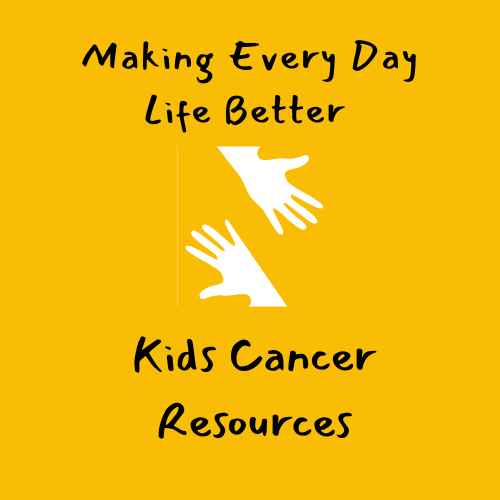Embracing Unity in the Face of Childhood Cancer
When your child faces the daunting challenge of cancer, the journey can feel overwhelming and isolating. Yet, finding strength together as a family, community, and support network is essential for coping childhood cancer effectively. This shared resilience not only nurtures emotional well-being but also bolsters the child’s fight against the disease. Understanding how to unite and support one another throughout this process can make a profound difference in navigating each stage with hope and determination.
Understanding Emotional Impact on the Family
Cancer diagnosis in a child shakes the very foundation of a family’s life. Emotional turmoil can affect every member differently, making compassion and communication vital.
Recognizing Individual Reactions
Each family member may cope uniquely—parents might feel guilt, fear, or helplessness, while siblings can experience neglect or confusion. Acknowledging these feelings helps:
– Validate emotions rather than suppress them
– Prevent misunderstandings
– Foster empathy among family members
Encouraging Open Communication
Honest conversations create a safe space for sharing fears, hopes, and frustrations. Strategies include:
– Setting aside regular times to talk without distractions
– Using age-appropriate language with children
– Inviting all family members to express their feelings
This openness strengthens bonds and facilitates mutual support.
Building a Strong Support Network
No one needs to face childhood cancer alone. Forging connections with others creates a vital lifeline.
The Role of Extended Family and Friends
Leaning on relatives and close friends can alleviate daily stress. They may assist with childcare, meals, or errands, allowing parents to focus on their child’s care.
Engaging with Support Groups
Joining groups specifically for parents and families coping childhood cancer provides:
– Shared experiences and practical advice
– Emotional reassurance from people who truly understand
– Opportunities to learn coping strategies from experts
Organizations like the [American Childhood Cancer Organization](https://www.acco.org) offer resources and community connections.
Implementing Practical Coping Strategies
Creating structure amidst chaos helps families regain a sense of control and normalcy.
Establishing Routines
Predictable daily schedules reduce anxiety. Consider:
– Regular meal and sleep times
– Dedicated play and homework periods for siblings
– Scheduled medical appointments and rest
Pursuing Self-Care
Parents often neglect their own needs, but self-care is crucial for sustained caregiving. Helpful tactics include:
– Brief daily relaxation exercises
– Seeking respite care when needed
– Maintaining hobbies and social interactions
Self-care enhances emotional resilience within the entire family.
Supporting the Child Through Their Treatment
Helping the child feel empowered and loved minimizes feelings of fear and isolation during treatment.
Promoting Emotional Expression
Encourage the child to share their feelings through drawing, storytelling, or talking. Validating these emotions eases psychological stress.
Creating Comfort and Joy
Small pleasures maintain positivity. Ideas include:
– Bringing favorite toys or blankets during hospital stays
– Organizing special outings when possible
– Celebrating treatment milestones with simple rituals
Such efforts remind the child of life beyond illness.
Navigating School and Social Life
Coping childhood cancer extends beyond medical treatment into social spheres, which can be challenging for children.
Communicating with Educators
Informing teachers about the child’s condition helps tailor academic support. Plans may involve:
– Flexible deadlines
– Modified assignments
– Home or hospital-based learning arrangements
Maintaining Friendships
Isolation can deepen emotional distress. Encourage friends to stay connected via visits, calls, or virtual meetups to uphold social bonds.
Looking Ahead with Hope and Resilience
Focusing on positive future possibilities nurtures endurance during difficult times.
Setting Realistic Goals
Short-term and long-term goals—such as completing treatment phases or returning to normal activities—offer motivation.
Celebrating Progress
Recognize every victory, no matter how small, to build confidence and optimism.
Summary of Strengthening Bonds During Childhood Cancer
Coping childhood cancer demands unified effort, open communication, and practical strategies to sustain emotional health. Understanding each family member’s needs, building robust support systems, and fostering hope empower families to face this journey together. Prioritizing self-care and maintaining normal routines help balance the challenges. Remember, you are not alone—resources and communities are available to walk beside you every step of the way.
Reach out today to learn more about support options and personalized guidance at khmuhtadin.com. Together, finding strength during your child’s cancer journey becomes possible and meaningful.




